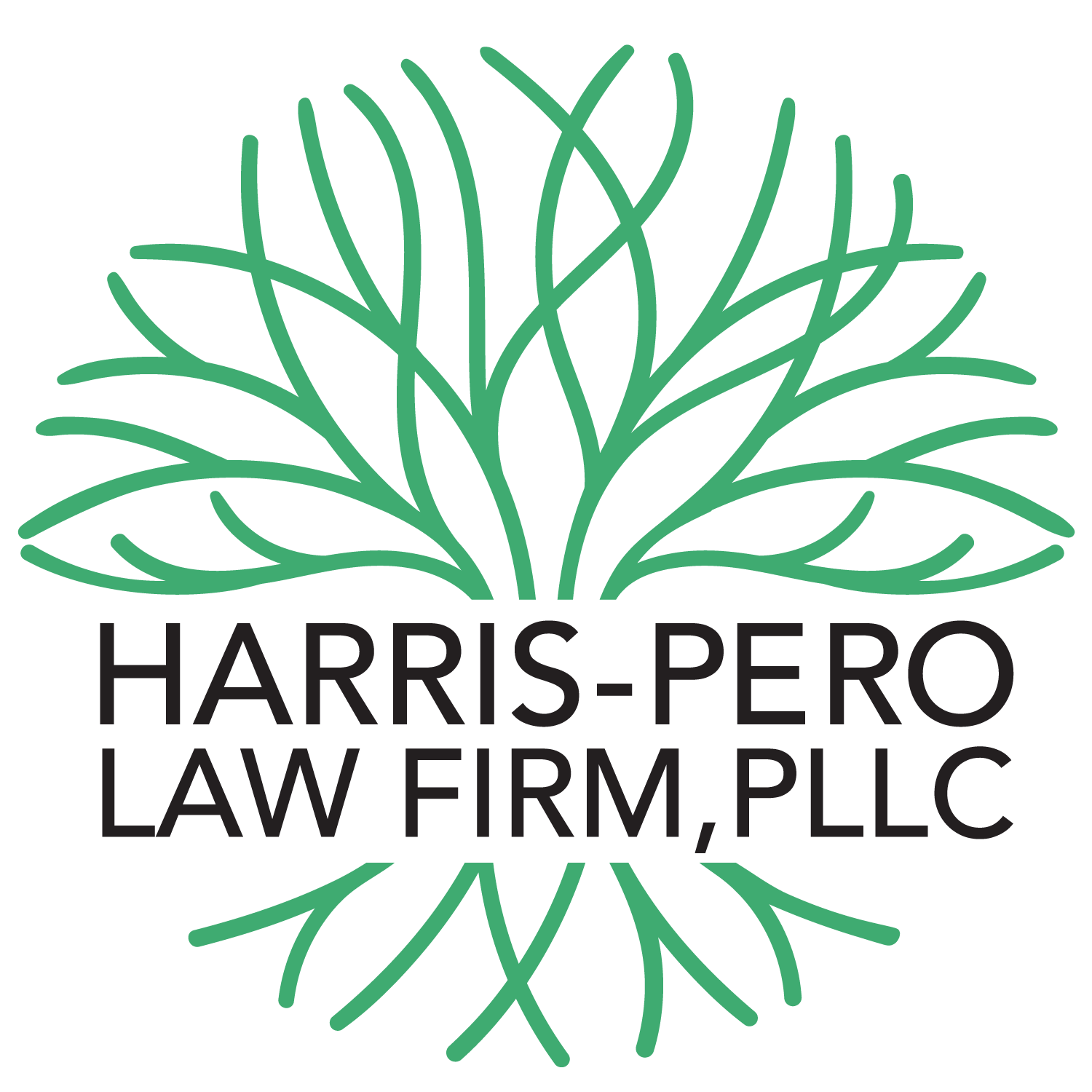Think Trusts Are Only for “Trust Fund Kids”? Think Again.
When you hear the phrase “trust fund,” what comes to mind?
For many, it conjures images of ultra-wealthy families setting aside fortunes for their heirs (maybe you’re picturing Roman Roy from HBO’s hit series Succession, or a child of wealth carelessly purchasing luxury cars or designer clothes.) While that stereotype is common, it’s also misleading. Trusts are not just for the rich—they are practical, flexible estate planning tools that can benefit families of all income levels.
At Harris-Pero Law, we regularly help clients of varying financial circumstances use trusts to meet their goals. In many cases, the trust isn’t about creating lifelong wealth for children—it’s about protection, clarity, and peace of mind.
Why Trusts Aren’t Just for the Wealthy
The misconception comes from the media’s focus on “trust fund kids” whose inheritances provide luxury lifestyles. In reality, trusts are simply legal structures that hold and manage assets on behalf of beneficiaries under rules you set. They can be used for:
Managing modest inheritances responsibly – Even if you’re leaving behind a home, retirement accounts, or life insurance, a trust can prevent mismanagement and ensure assets last for their intended purpose.
Avoiding probate – Assets in a trust bypass the court process, which saves time, legal fees, and stress for your family. (Learn more about the probate process HERE)
Protecting vulnerable beneficiaries – If a loved one has special needs, struggles with addiction, or simply isn’t financially savvy, a trust ensures assets support them without being wasted or jeopardizing benefits.
Second marriages and blended families – A trust can provide for a current spouse while preserving assets for children from a prior marriage, balancing fairness with protection.
Planning for incapacity – Unlike a Will, a trust can be managed while you are still living, which helps if you become incapacitated and unable to handle your own affairs.
Less Common (but Very Practical) Uses for Trusts
Trusts are versatile and can be tailored to fit your life circumstances. Here are some examples you might not think of right away:
Holding life insurance proceeds – Life insurance can provide crucial support to a surviving spouse or children. But without a trust, minors cannot directly inherit those funds. A Trust that manages life insurance proceeds ensures the money is available and managed responsibly.
Protecting family camps or farms – In our region, many families want to keep a camp, cabin, or farmland in the family. A trust can outline how those properties are maintained, shared, or passed on.
Charitable giving with flexibility – A Charitable Remainder Trust allows you to receive income during your lifetime and leave the remainder to a cause you care about.
Avoiding guardianship proceedings – A Revocable Living Trust can allow a successor trustee to step in if you’re incapacitated to manage your funds, avoiding the need for court-appointed guardians.
Privacy – Unlike Wills, which become public after probate, trusts remain private. This can matter to families who prefer to keep financial and personal matters confidential or who have estranged family members. (Learn more about the difference between Wills & Trusts HERE)
Medicaid Planning – An Irrevocable Medicaid Asset Protection Trust can safeguard the equity in a family home or savings from being spent down on long-term care costs. By transferring assets into the trust well before care is needed, families can preserve wealth for a spouse or children while still planning for nursing home eligibility. (Learn more about Medicaid and Long-Term Care Planning HERE)
What Kind of Trust Might Be Right for You?
The right type of trust depends on your goals. Some common examples include:
Revocable Living Trusts – Flexible tools to manage assets during life and streamline transfers at death.
Supplemental (Special) Needs Trusts – Protect eligibility for government benefits while improving quality of life for a loved one with disabilities.
Irrevocable Medicaid Asset Protection Trusts – Designed to preserve assets and prepare for potential long-term care needs.
Testamentary Trusts – Created under a Will to provide ongoing management of assets for children or other beneficiaries.
Final Thoughts
Trusts are not reserved for millionaires. They’re about protection, flexibility, and planning for real-life situations that almost every family encounters. Whether your goal is to make sure your children are provided for, preserve a piece of family property, plan for possible long-term care needs, or simply reduce the burden on your loved ones, a trust can be a powerful and practical solution.
Ready to explore how a Trust could benefit your plan and family? Contact us today to schedule a consultation!

